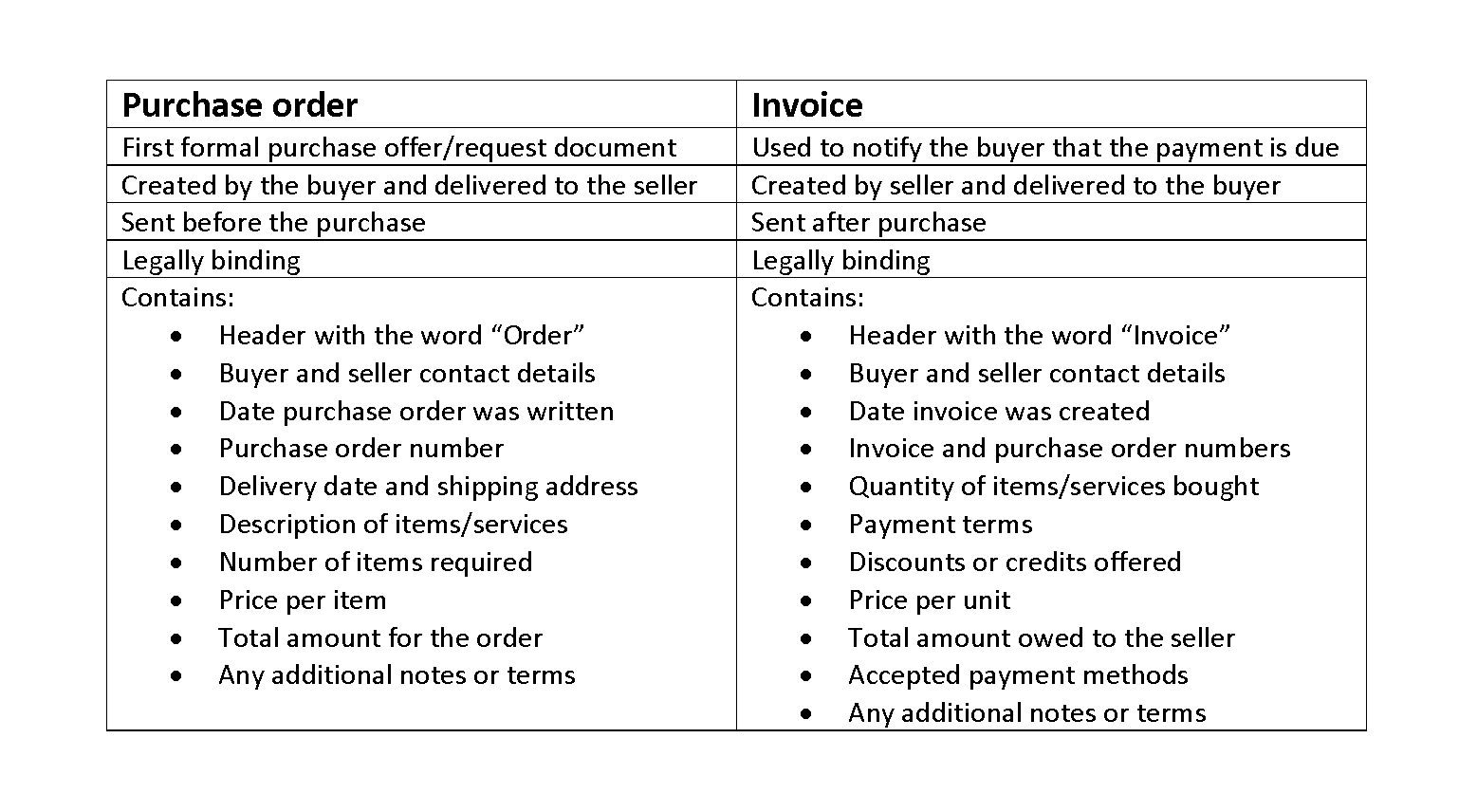
The effort put into these accounting practices lays the foundation for a firm’s financial stability and growth, allowing it to law firm bookkeeping thrive in a competitive environment while effectively serving its clients. Regular preparation and analysis of financial statements—such as income statements, balance sheets, and cash flow statements—allow law firms to assess profitability and operational efficiency. Transparency in these reports can enhance credibility and instill confidence among clients, stakeholders, and potential investors, as they provide a comprehensive view of the firm’s financial health.

Data entry errors

As firms grow or encounter varying workloads—such as during peak litigation seasons—outsourced services can adjust accordingly. This adaptability means law firms do not have to worry about the limitations of their internal team, which may struggle to keep up with the demands of a sudden influx of work. Instead, they can respond swiftly to client needs, ensuring that service quality remains high even during busy periods. This flexibility allows firms to expand their service offerings without compromising quality, thereby attracting new clients and retaining existing ones. These experts are well-versed in the unique financial intricacies of law practice, helping firms navigate complex regulatory requirements and ensuring compliance with ever-changing financial laws and regulations.
Accounting Services
Accounting for law firms may be new or challenging to you, but it doesn’t have to be scary. What’s most important is that you get the details https://www.bookstime.com/ right so that you can stay compliant with ethics rules and help your firm grow to its full potential. While this primarily applies to new law firms, ensuring that the basics are determined and set up correctly is critical.
- And it will be a lot easier to work with bookkeepers, accountants, new partners, and buyers, if you ever decide to sell the business.
- Inadequate bookkeeping can exacerbate this issue, resulting in cash flow problems or delayed financial insights that could otherwise inform strategic decisions.
- By maintaining flexibility in their financial operations, law firms can respond more effectively to changes in demand while ensuring high standards of accuracy and compliance are upheld throughout the processes.
- However, for our purposes, when we refer to “bookkeeping services,” we’re referring to tasks like recording income and expenses, reconciling bank accounts and credit card statements, and tracking payables and receivables.
- It’s also a good place to store money you’re setting aside for taxes and emergencies.
- This proactive approach to financial oversight not only cultivates trust among employees but also reinforces ethical practices that are vital for maintaining client confidence.
Trust Accounting 101 for Law Firms
Additionally, evaluating the quality and availability of customer support is vital; timely assistance can resolve issues quickly, which is crucial in high-pressure legal environments where every minute counts. Xero is also gaining traction among law firms for its intuitive interface, making it easy for users to manage and track their financial performance effectively. Xero’s cloud-based software income statement allows for real-time collaboration and access from anywhere, which is especially useful for firms with remote teams. With its extensive app marketplace, firms can find additional tools that cater to their specialized needs, promoting a customizable bookkeeping experience that can adapt as the firm grows.

What Is Unearned Revenue, And Why Is it Good for Your Business?
- Even though interest rates on business accounts are traditionally low, having a cash surplus in a business savings account can improve your likelihood of being approved for a loan.
- Conversely, cash basis accounting recognizes revenue when you’re paid (i.e., when the cash is received) and expenses when they’re paid.
- Law firms must equip themselves with sound financial management practices, ensuring that personal expenditures are kept separate from those related to business operations.
- QuickBooks Online allows users to easily track expenses, generate invoices, and manage payroll, all while providing insightful financial reports that help law firms make informed business decisions.
- Finally, discussing disaster recovery and data backup plans is crucial before entering into a partnership.
- At least once a month, review your receivables and follow up on outstanding client invoices to keep your cash flow strong.
- Taxes, property expenses, legal dues, and payroll are typical expenses law firms must deduct from revenue to get income.
Bookkeeping errors can have severe repercussions for law firms, leading to significant financial losses, regulatory issues, and lasting reputational damage. Even minor inaccuracies in financial records, such as misclassified expenses or incorrect entries, can result in misplaced billable hours. This mismanagement may cause declines in revenue and hinder the firm’s ability to pay necessary expenses such as salaries, office rent, and other operational costs, ultimately affecting employee morale and retention levels. Our detailed brochure provides insights into how Remote Books Online can help you maintain accurate bookkeeping, stay tax-ready, and make informed financial decisions. Discover how our tailored bookkeeping services can support your business growth and simplify your financial management.
This is crucial not only for protecting sensitive information but also for maintaining a clear audit trail. Additionally, the ability to track and monitor access logs can provide an extra layer of security, allowing firms to audit who accessed their information, what actions were taken, and when. This level of accountability is vital in a legal environment where every detail matters. Finally, firms should evaluate the financial structure of the bookkeeping services, including pricing models and contract terms. Transparency in fees and services offered will help ensure that the partnership is both viable and cost-effective over the long term. It’s also beneficial to inquire about any hidden costs or additional fees that may arise, as well as the flexibility of the contract terms to accommodate changes in the firm’s needs.
This is especially important when it comes to paying mandatory disability or worker’s compensation insurance. Before you commit, make sure you do the math to determine the impact a provider’s fees will have on your bottom line. You should also keep any other documentary evidence that supports an item of income, a deduction, or credit shown on your tax return. Everyone from your bookkeeper to your CPA and the IRS needs you to keep documents proving the income, credits, and deductions you put on your tax return. If any of these balances don’t match each other, that means there’s a mistake in one of your ledgers.